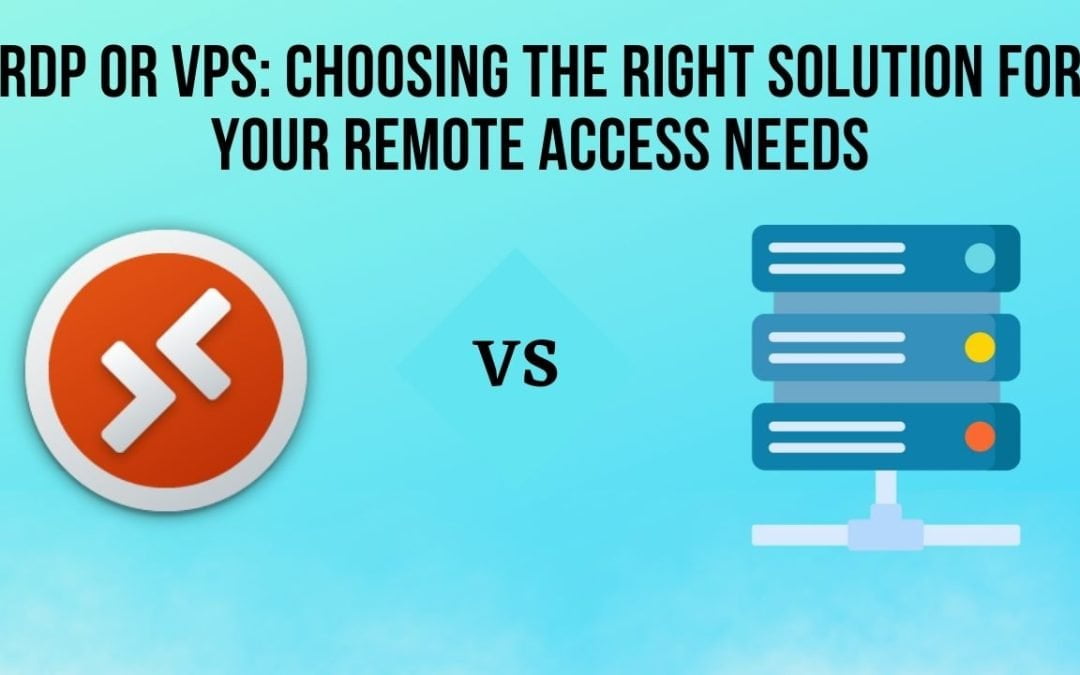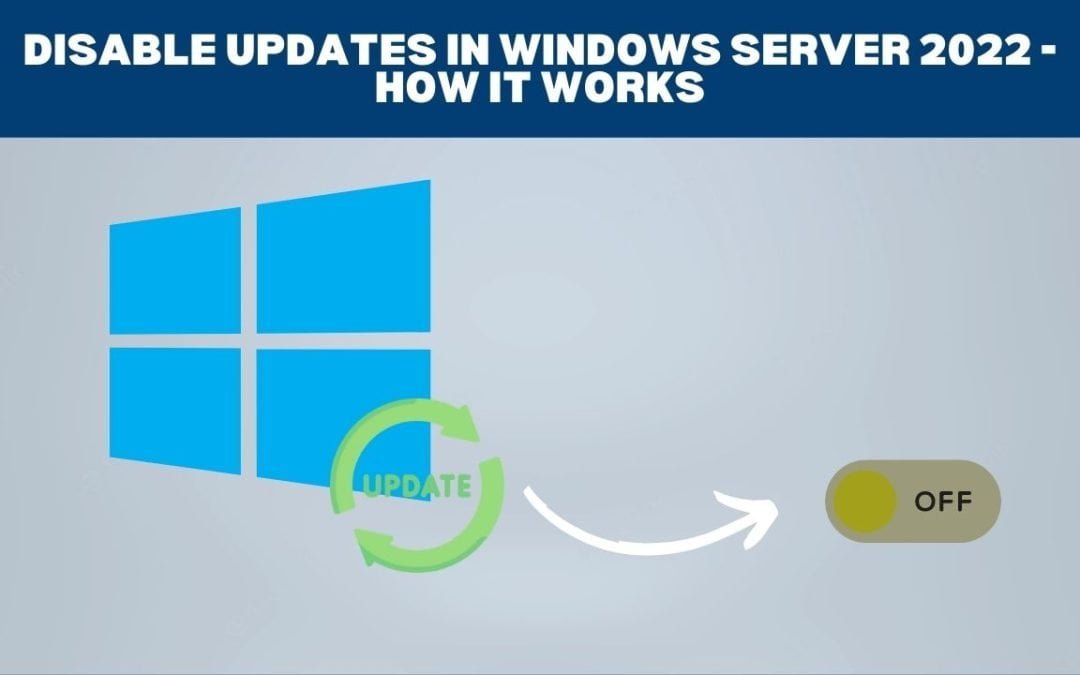DHCP and How It Works: A Guide to DHCP Server
DHCP (Dynamic Host Configuration Protocol) is a network protocol used to automatically assign IP addresses, subnet masks, default gateways, and other network configuration parameters to network devices. It enables network administrators to manage and automate the process of IP address allocation and configuration.
How does the DHCP server work?
The DHCP server plays a critical role in this process. It is responsible for assigning and managing the IP addresses for all the devices on a network. Here’s a detailed explanation of how the DHCP server works:
- DHCP Discover: When a device is connected to a network and is set to obtain its IP address automatically, it sends a broadcast message called a DHCP Discover packet. This packet is sent to all the DHCP servers on the network.
- DHCP Offer: When the DHCP server receives the DHCP Discover packet, it checks its pool of available IP addresses and offers an available IP address to the device. The DHCP Offer packet contains the offered IP address, subnet mask, and other network configuration parameters.
- DHCP Request: The device reviews the DHCP Offer packet and decides whether to accept the offered IP address. If the device accepts the offered IP address, it sends a DHCP Request packet to the DHCP server, requesting the IP address.
- DHCP Acknowledgement: When the DHCP server receives the DHCP Request packet, it confirms that the offered IP address is still available and sends a DHCP Acknowledgement packet to the device. The DHCP Acknowledgement packet contains the assigned IP address, subnet mask, default gateway, and other network configuration parameters.
- IP Address Lease: The DHCP server assigns an IP address lease to the device, which is the duration of time for which the device can use the assigned IP address. The DHCP server keeps track of the IP address leases and releases them when they expire.
The DHCP server also provides other services such as DNS (Domain Name System) and WINS (Windows Internet Name Service) server addresses, which enable the devices to resolve domain names to IP addresses.
Conclusion:
In summary, the DHCP server automates the process of assigning and managing IP addresses and other network configuration parameters. It simplifies network administration and reduces the risk of IP address conflicts.




